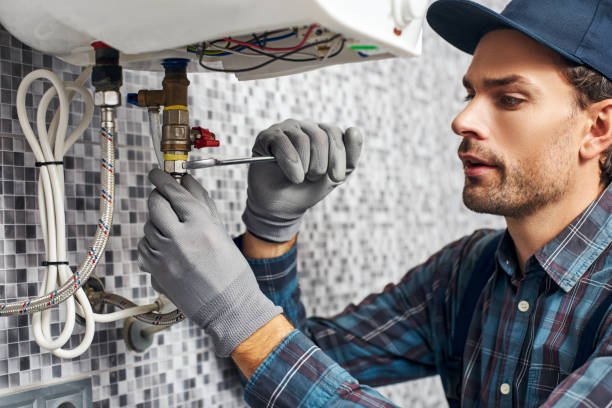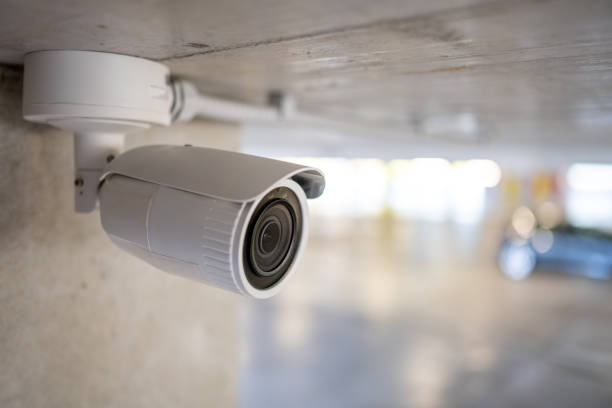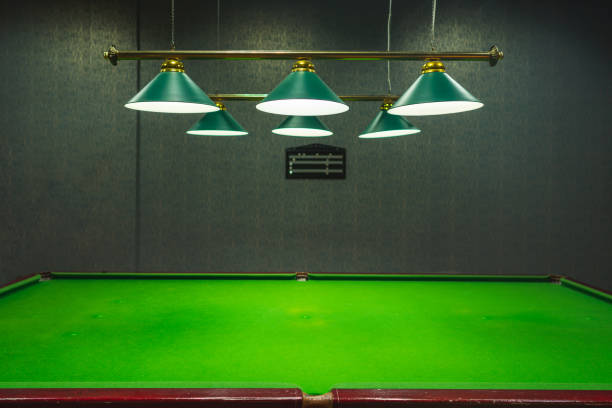After heating and cooling, water heating accounts for 21% of total residential energy usage (40 per cent). Choosing a hot water in Oxenford that covers the hot water requirements of the entire household while also being energy efficient is therefore essential.
It’s the ideal way to save money while still having the comfort of a nice shower and hot water at your fingertips whenever you want.
Water consumption per family and the type/model of equipment are the two most important factors to consider when purchasing a water heater.
Learn how much water you’ll need based on the number of people in your home.
Showering longer, washing more frequently, or using the dishwasher more regularly might result in higher daily hot water usage than the standard 50 litres per person.
One to two people is the minimum for a small household, three to four people is medium-sized, and five or more people is large-sized.
The amount of hot water required by each home can easily be calculated. However, the regular consumption rate might not apply in all cases.
An experienced hot water system supplier and gas plumber can help you determine the optimum solution for your home’s hot water demands.
- How many people live in residence will be examined?
- The total daily consumption of hot water
- Hot water is always in demand, no matter what day or night it is.
- If you all take a shower in the morning or night, it makes a big difference in how much water you’re using.
Use this guide to choose the best system for your household’s hot water requirements
Size, price, energy use efficiency, and storage or continuous flow are all factors to consider.
There is a direct correlation between energy consumption and utility costs. Comparing different models becomes much simpler after you have a firm grasp of each of these components.
- Mode of heating
Electricity, natural gas, solar power, or a heat pump can power a hot water Oxenford system. There are advantages and cons to each strategy. For example, an electrically heated hot water system is inexpensive to purchase and install, but it is expensive to maintain. You can always go with a water heater that uses off-peak electricity, but you’ll have to buy a larger tank.
- Continuous flow or storage
When it comes to hot water systems, most use a tank for storage, while others heat water “instantaneously” as it travels through the heater and into the faucet or shower. Hot water is available whenever you need it with the latter.
- Size
The amount of hot water required by a home determines the appropriate water heater size. If it is too tiny, the hot water will run out frequently; it will be difficult to maintain an ideal water temperature if it is too huge.
- Cost
Consider the gas plumber in Helensvale annual expenditures of operation and maintenance for each type of hot water system. Because of standby heat loss, heaters with storage tanks that are not well-insulated, for example, waste energy, resulting in higher annual operating costs.
- The use of less energy
To save as much money and electricity as possible, it’s always a good idea to have a hot water heater’s efficiency inspected before purchasing. Each model has a distinct energy factor (Efficient) based on recovery efficiency, standby losses, and cycling losses.
It’s time to put all the information you’ve learned about how to choose a suitable hot water system to use in your house to good use. For more information please contact: www.hutchinsplumbingandgas.com.au





0 responses to “How To Choose The Hot Water System”